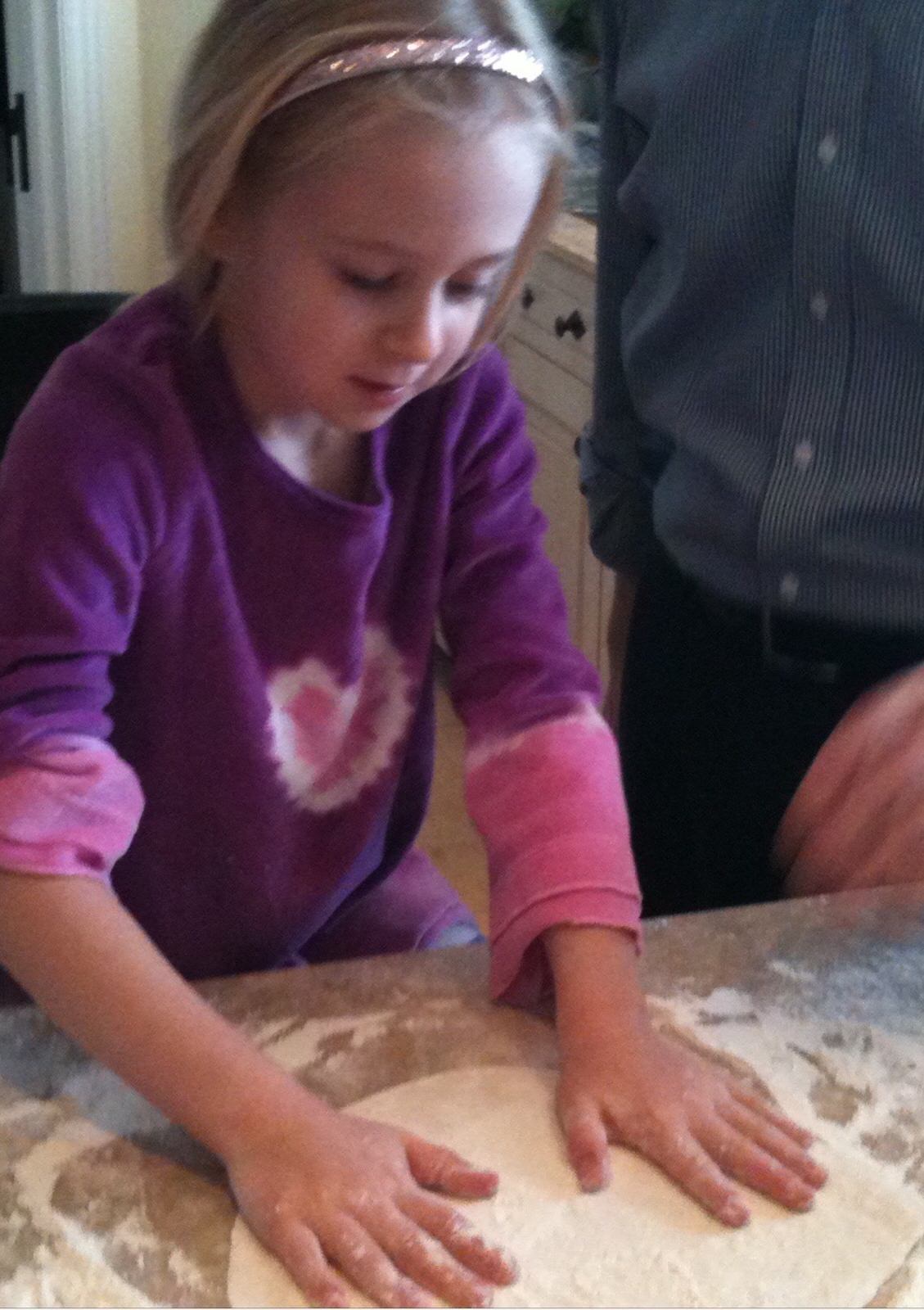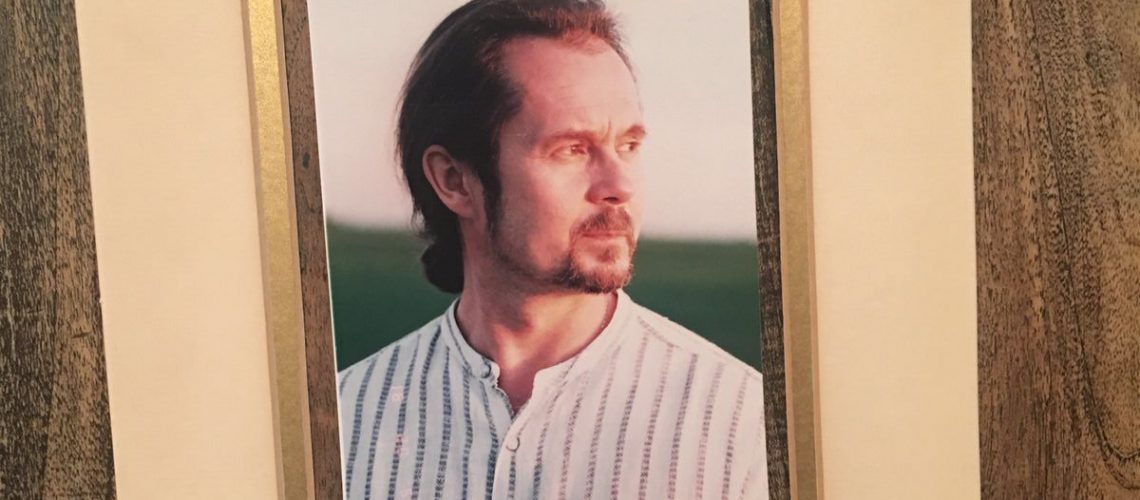Choose the arts; they become your emotions
Choose your emotions; they become your feelings
Choose your feelings; they become your images
Choose your images; they become your words
Choose your words; they become your thoughts.
-Jerzy Gregorek, poet

I was in my car in heavy traffic, running errands, when I realized that I felt a little blue. Was it the traffic or my slight headache? Worries about our daughter? Or was I overwhelmed by the number of decisions that were facing me at work? Who knows.
I only knew that my mood was not a happy one. But the moment I realized this, I saw that if I was having negative thoughts I could also have positive ones. The silence was helpful, and no one was there to disturb the flow of my thoughts. First I noticed that the sun was shining, so I opened a conversation with myself by noticing it. Then I appreciated my nice clean car and the fact that I even had one, which meant I could go places independently.
Then I felt grateful that everyone in my family was in good health, and that I was looking forward to a dinner with close friends. The positive thoughts kept coming. By the time I walked in the front door at home Jerzy noticed my expression and asked what the smirk was for. Then I realized how happy I felt, just by taking charge of my emotions.
Usually, we look for someone or something to make us feel better, something outside ourselves. It was very powerful to realize that I’d lessened my headache, most likely through relaxation, and I’d changed my entire attitude by taking charge myself.
Studies have shown that complaining can easily become a habit, because the brain wants to be efficient and re-use the same neural pathways. Habitual complaining also shrinks the hippocampus, which is responsible for much of our problem-solving and creative thought. It even increases our cortisol levels, making us more tense.
When I returned home, even though the kitchen was a mess and I was still grappling with the same issues, I found the act of tidying to be relaxing and satisfying. Instead of bringing a dark cloud into the house I’d brought a smile instead, and lightness that Jerzy noticed in his own humorous way. Since my own sense of personal responsibility had kicked in, I was able to respond to the situation in a way that improved it.

Although many of our dark moods can be shifted through our own efforts, there are some tragic circumstances—the death of a loved one, the loss of a job, a major life event—where we can’t lift ourselves up alone. We need others. If you’ve been a good friend to yourself, you can better be there for others, and ultimately they’ll be there for you.
We have the power to create heaven or hell, and it starts with a feeling. There is the story of “the long spoons,” where diners are faced with spoons so long that they are unable to use them to feed themselves, which creates a kind of hell. In heaven, however, people use the same spoons but feed each other with them, and everyone is fed and nurtured.
Tragedies can catapult us to a very dark place, but usually, it’s a series of small, shallow steps that take us there. One negative annoyance and then another frustrating event, and we keep our attention in a negative place instead of turning ourselves around. The best antidepressants are active—something that stops the cycle of rumination and transports us to a better place. You can listen to your favorite music, go for walk, read a poem, or write an appreciative letter, watch a comedy, or play with an animal, where both sides benefit.
Exercise can be an antidepressant, boosting serotonin and dopamine levels, along with hormones promoting a feeling of wellbeing. That’s why I like to start my morning with The Happy Body exercises—one positive task that can carry me throughout the day.
Our program uses singularity of focus to prepare a frame for exercise before we even move, with breath and flexing first. In sequence, the 6 small exercise actions become a mantra, repeated over and over for 30 minutes. The mantra attracts 100% of the attention, pulling the THB practitioner away from daily thoughts. After 30 minutes people say they feel relaxed, calm, and refreshed as if they just woke up.
Beyond improving the body, this practice of mindfulness tones the mind and also breaks any cycle of negative rumination. After exercising this way there’s a feeling of power, control, and agency. The sense of personal responsibility that initiated the exercise in the first place has been renewed and reinforced, and the practitioner can re-enter the world feeling strong and optimistic.
From feeling to thought to destiny, cultivating a deep relationship with your emotions and your mind can help you live life with the soul of a poet and the insight of a philosopher.
Watch your thoughts; they become words
Watch your words; they become actions
Watch your actions; they become habit
Watch your habits; they become character
Watch your character; it becomes your destiny.
-Lao Tsu, philosopher

DEEPER CONTEMPLATION
How does practicing the Happy Body exercise routine affect you?
Are you aware of changes in your mood afterward?
What time do you practice and why?
Do you have techniques you use to cope with dark moods?
Leave your response below in the comments.



Hi Guys from New Zealand ! Im considering visiting the USA next year June / Julyy and would be interested to visit with you – which State do you live in please? Also, are you likely to still be in the USA at that time? ARoha nui, Alex.
Welcome to The Happy Body Alex, all the way from California!
Yes, most likely we will be here at that time, so please let us know when you are around.
Great, my son is currently in Nth California – at the moment on a visit to the States -what’s your address & what are your charges for introduction session please – cheers, Al.